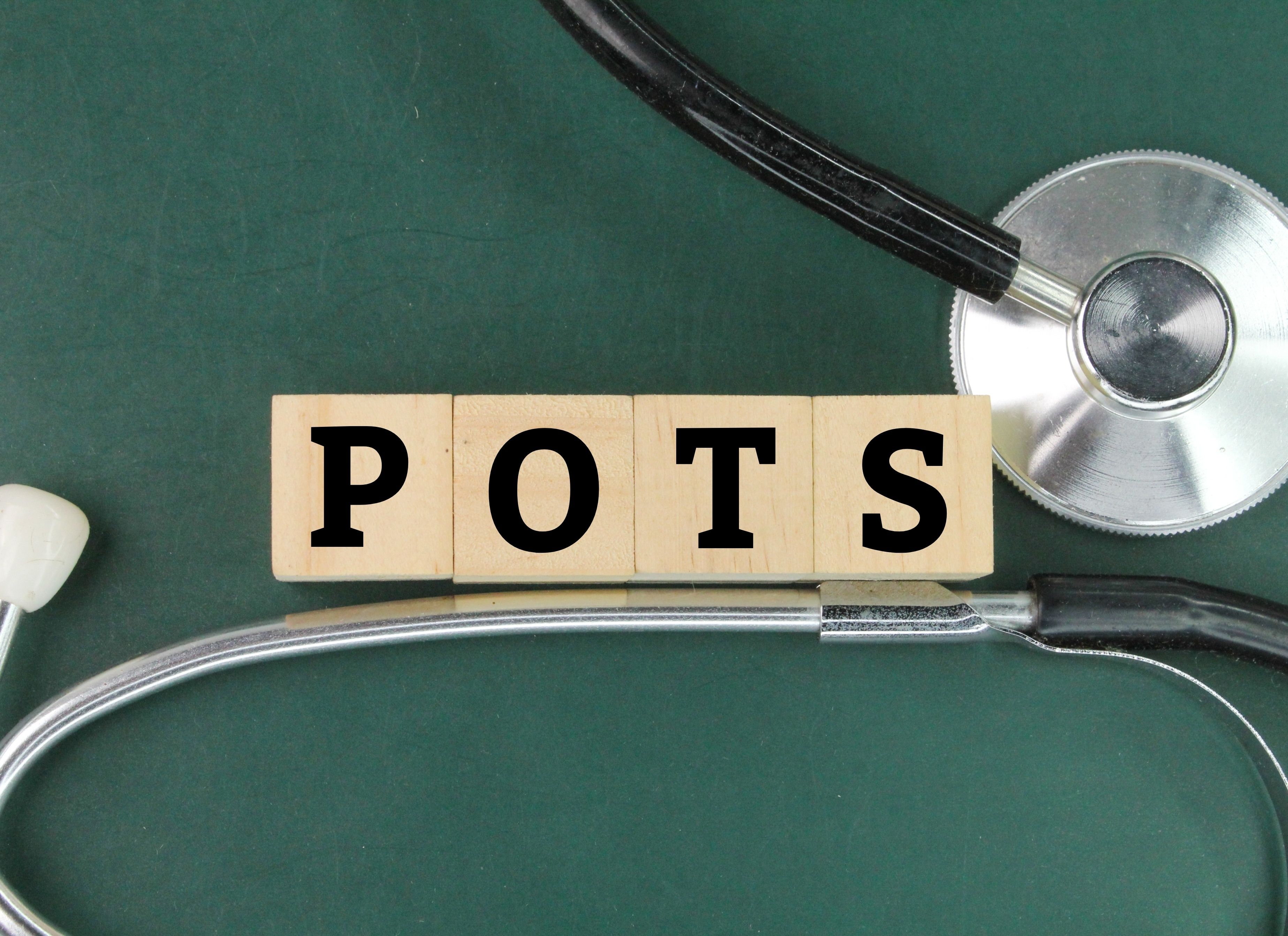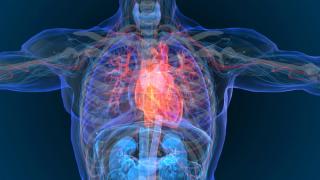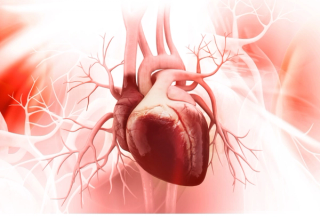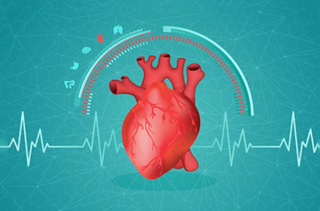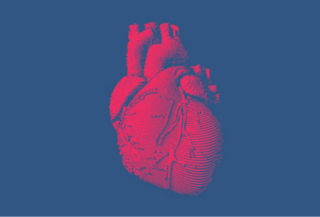
Cardiovascular Health
Latest News


Before the Big Event: AI-Enabled Remote Cardiac Monitoring Can Mitigate Stress-Related Cardiovascular Events
Latest Videos

CME Content
More News

Acoramidis is a novel, highly potent transthyretin stabilizer.

Recent studies suggest limited benefit post-myocardial infarction for patients with preserved heart function, prompting potential updates to treatment guidelines and reconsideration of long-term use.

Abelacimab is an investigational, selective, fully human monoclonal antibody.

Rachel Chandra, PharmD, MPH, FASHP, shares insight into the VALOR-QI program.

The encouraging results suggest this low-cost, scalable strategy should be considered for population-level outreach globally to improve flu vaccination rates.

Rachel Chandra, PharmD, MPH, FASHP shares methods for improving adherence to lipid lowering therapies discussed at the AHA 2024 Scientific Sessions.

Christian Ruff, MD, MPH shared the results of the AZALEA-TIMI 71 trial.

Leonard Egede, MD, MS, FACP discussed the association of historical redlining and contemporary structural racism on life expectancy.

Rebekah Walker, PhD raises awareness of the long-lasting health implications caused by historic redlining.

Value-based payment models are becoming increasingly common, leading clinicians to find novel ways to engage patients and improve disease control with the goal of reducing morbidity, mortality, and cost.

Within the Veterans Health Administration System, primary care pharmacists are embedded in primary care panels and work alongside primary care physicians and nurses to optimize medication management for patients.

Milind Desai, MD, MBA shares insight into the REMS program for patients with obstructive hypertrophic cardiomyopathy.
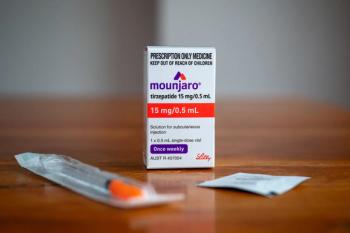
This is the first trial that tested the effect of any medication on major heart failure outcomes in patients with HFpEF and obesity, according to investigators.

The system, currently in early development in Japan, could minimize the need for blood tests, blood pressure cuffs, or expensive wearable devices.

The global temperature has risen by an average of 0.11° Fahrenheit per decade since 1850, or about 2 degrees in total.

Craig Beavers, PharmD, FACC, FAHA, FCCP, BCCP, CACP will be moderating a session about social determinants of health and heart failure.

Community pharmacists are playing an increasing role in sexual and reproductive health services and can provide that trustworthy information to patients.
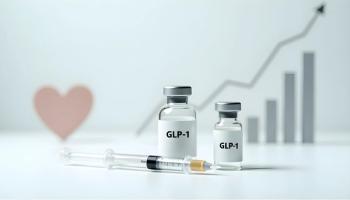
AHA 2024: GLP-1, SGLT2 Treatments May Lower Risk of Future Heart Attack, Stroke for Stroke Survivors
The 2024 American Heart Association and American Stroke Association stroke prevention guidelines recommend glucagon-like peptide-1 receptor agonists to reduce the risk of stroke in individuals with diabetes and high cardiovascular risk.

These therapies represent an encouraging advancement in cardiovascular care.

The sessions will include late-breaking science, clinical practice guidelines, early innovators spotlight sessions, and more.

Insomnia exhibits a dose-response relationship with AF recurrence, indicating that an increased number of insomnia symptoms is associated with heightened probability of AF recurrence.

The novel therapy demonstrated safety and efficacy in a clinical trial.

Historically, colchicine has been used primarily in the management of gout; however, in 2023, the FDA approved Lodoco, a newly marketed colchicine product, for the management of cardiovascular disease.

Higher doses of β-blockers are associated with better clinical outcomes in patient with heart failure.

Endometriosis is a systemic disease that can affect multiple parts of the body, not just the pelvis.

